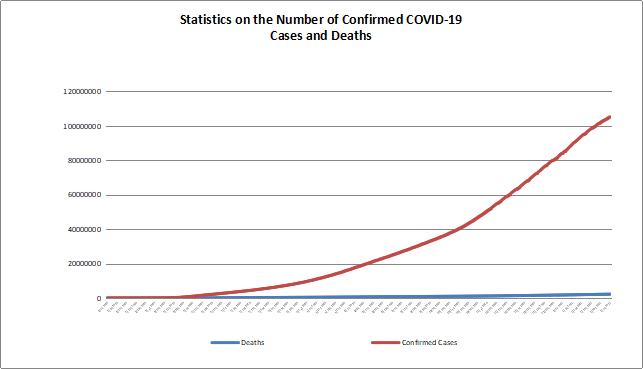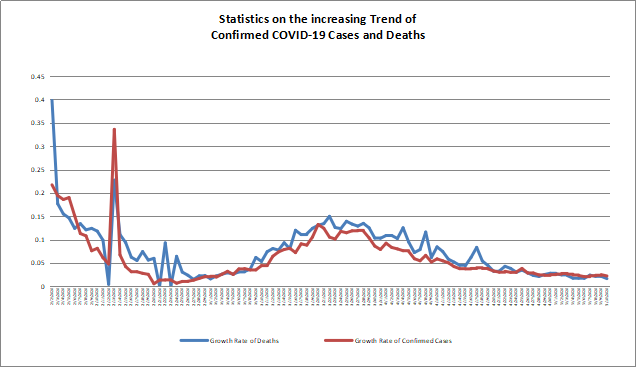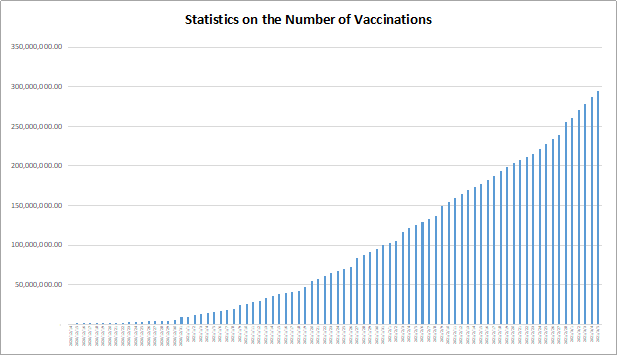To Heal the Pandemic’s Economic Scars, Emerging Market Economies Need Prompt Action
Time:2022/05/26 BJT
1. Key concerns
On May 17, 2022, the International Monetary Fund (IMF) called on the Group of Twenty (G20) economies to actively heal the pandemic’s economic scars , and the emerging economies in particular to take prompt and targeted actions.
According to IMF, the COVID-19 has posed large shocks to economies, and challenges facing the emerging market workers and students everywhere could turn to a long-term damage. IMF’s new analytic work finds that, among the key causes of scarring from the pandemic are the weak labor market recoveries in the emerging market economies and the severe disruptions to schooling over the past two years across all economies.
The pandemic-induced scar is significant to the job market, and the prospects for such scarring look very different between G20 advanced and emerging market economies. In fact, advanced economies have experienced strong labor market recoveries, thanks to robust policy support and widespread vaccination. However, workers in many G20 emerging market economies face a very different outlook. Moreover, IMF worries that the pandemic would create large-scale mismatch between workers’ skills and employers’ labor demand, which will further the vitality of the labor market. Also, workers from G20 emerging economies are facing a very different challenge. Informal workers will be hit hard by the implement of restrictive measures.
On the other hand, the COVID-19 outbreak has also had an unprecedented impact on the schooling of various economies, and measures including school closures during the pandemic have particularly hurt students’ learning in emerging market economies. Such issue have had even more profound consequences, especially for students in the lower grades and from poorer families, whose performing is well below average due to the above measures. If these learning losses aren’t addressed, affected students could see a significant impact on their earnings in future employment. And today’s students will account for close to 40 percent of the combined working-age populations across G20 economies for decades.
Even so, IMF pointed out that by taking appropriate action now, the emerging economies can repair the damage and set the stage for the recoveries in the global economy.
Time is short for limiting learning losses because education is cumulative, each year building on the last. To minimize enduring harm, countries must quickly assess setbacks to learning and implement the appropriate measures to help students. This could include, for example, additional tutoring or a longer school year.
In addition, economies need to help firms and workers. Pandemic-era policies could shift to helping people to adjust to changing labor markets, such as through well-targeted job-search programs and additional support for training to build new skills. Moreover, to prevent business failures or investment slumps of the corporate, it’s also crucial to ensure well-functioning mechanisms for corporate insolvency and out-of-court restructuring.
2.Briefing on COVID-19 Pandemic(Issue No.192)
According to WHO statistics, calculated numbers of confirmed COVID-19 cases and deaths reached 519,729,804 and 6,268,281 by May 17, 2022. The US, China (including Hong Kong, Macau and Taiwan), Germany, Australia and Japan were the five countries (regions) with the highest number of new confirmed cases in the past seven days. The US, Brazil, Italy, Russia and France were the five countries (regions) with the highest number of new deaths in the past seven days.


https://covid19.who.int/
World Health Organization (WHO) issued Interim statement on the use of additional booster doses of Emergency Use Listed mRNA vaccines against COVID-19 (Interim Statement) to provide recommendations of additional booster doses vaccination for members. Statistics from Our World in Data, an online research site of the University of Oxford, presented that 11,731,800,700 doses had been administered globally by May 16, 2022. On May 17, 2022, WHO issued the Interim Statement to systematically review the emerging issue of additional booster vaccinations and provide specific and well-informed professional recommendations for members. In considering additional booster doses, there are two main scenarios to assess: 1) the use of additional booster doses in those who are not able to mount and sustain adequate immune responses, and 2) considerations for additional booster doses to be administered in order to protect high risk populations and health workers in order to maintain the health system during periodic waves of disease surges. On the above scenarios, WHO makes three recommendations: 1) initial booster doses: booster doses should be administered in a sequence for different groups based on evidence that doing so would have substantial impact on reducing hospitalization, severe disease and death and protect the health system. 2) considerations for additional booster doses beyond the first booster (fourth or fifth dose) : member parties need to carefully consider and weigh up the fact that, in most cases, the additional booster doses will bring considerable challenges to the vaccines supply, including the financial and opportunity cost. And additional booster doses may be more beneficial for adults above 60 years of age or with immunocompromising conditions. 3) Considerations for future additional doses: it is not recommended for member to widely roll out additional booster doses now, because more data on the performance of the vaccine and the immune response caused by the mutant strain are still needed.

https://ourworldindata.org/covid-vaccinations
In terms of the restrictions taken by countries (regions), there are different levels of measures adopted against COVID-19. Most countries (regions) are gradually relaxing their previous pandemic restriction measures to different levels, or implementing new policy on fighting against the pandemic. In America, the US Food and Drug Administration (FDA) on May 12 imposed restrictions on a new Johnson & Johnson COVID-19 vaccine, saying it poses a risk of blood clots and can only be given to people who cannot receive other vaccines or specifically request them. In Europe, the Spanish Ministry of the Interior has announced that, in accordance with the recommendations of the Council of the European Union, it will extend all the current anti-pandemic restrictions of land, sea and air entry points until 24:00 on June 15. The Austrian authorities announced that from May 16, all entry quarantine measures will be lifted for all travellers, who will no longer be required to present proof of vaccination against COVID-19, proof of recovery from COVID-19 or proof of nucleic acid testing for COVID-19 at the time of entry. The French government announced that from May 16, people will no longer be required to wear a mask when travelling on the metro, bus or train considering the outbreak of COVID-19. The Italian authorities announced that the country will still retain the mandatory wearing of masks for citizens on flights to and from Italy. In Oceania, the New Zealand’s COVID-19 Response Minister issued a new version of the “My Vaccine Pass” on May 13, calling on residents to download and use it from May 24. It is reported that the new "My Vaccine Pass" can show the vaccination status of the COVID-19 vaccine booster. In Asia, the Deputy Prime Minister of Vietnam issued Circular No. 416 on May 13, saying that the requirement for people to be tested for COVID-19 before entering Vietnam has been suspended since 00:00 on May 15. South Korea's Unification Ministry issued a statement on May 15 local time saying, "considering the spread of COVID-19 pandemic in North Korea and the need to respond quickly, we plan to submit a proposal for assistance related to North Korea as soon as possible in order to be of practical help in preventing the pandemic" and intend to send an offer to North Korea to provide assistance in preventing the pandemic.


